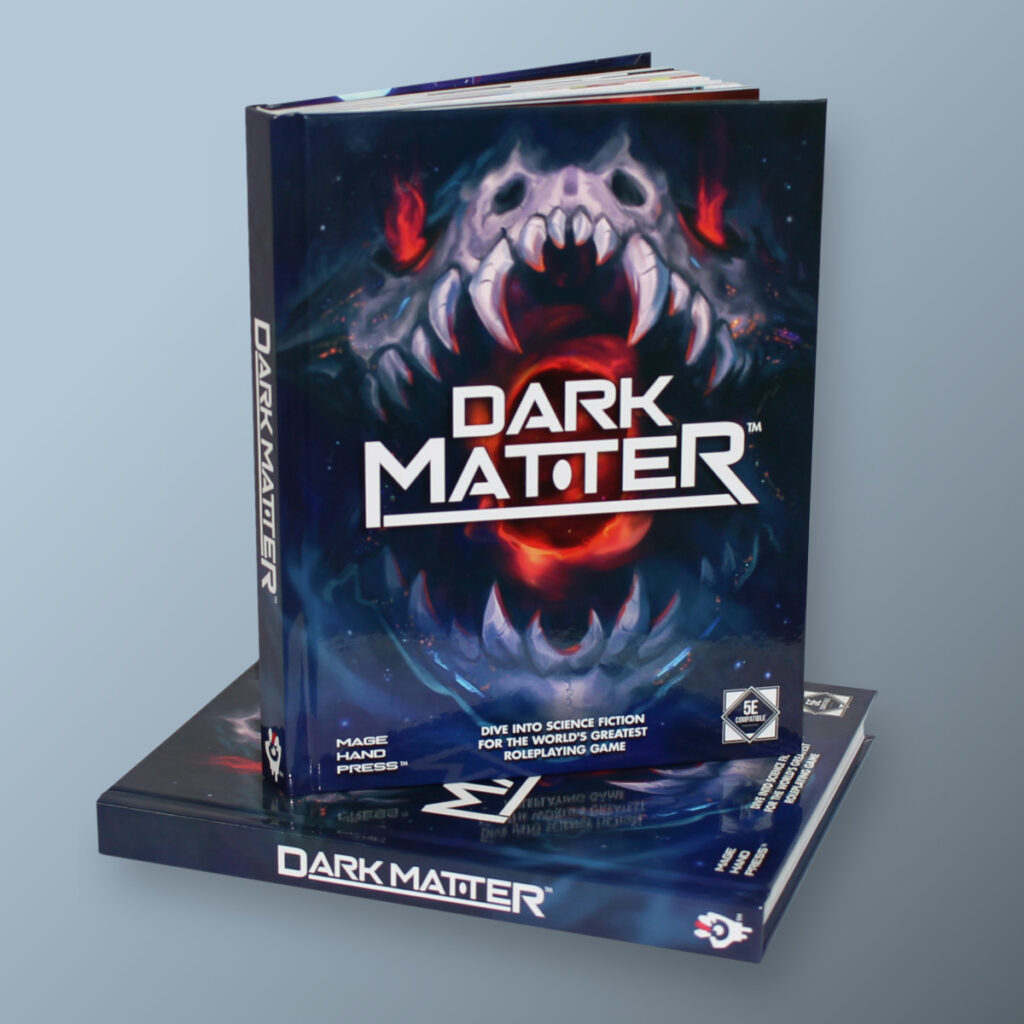The ongoing philosophical debate about the influence of one’s genetics and one’s upbringing on their behavior as an adult is one that’s taught to many students. Broadly, it can be thought about as the difference between free will and determinism, but for most of us, it more meaningfully refers to who we praise and blame for our talents and faults. Of course, this debate has also seen its fair share of scientific research, which has largely concluded (rather anticlimactically) that our personalities are really a synergy of genetics and upbringing.
The structure of D&D characters attempt to reflect this dichotomy, but in a largely biased way.
Understanding Your Character
D&D is a roleplaying game, and as such, the characters you assume in it should be as true to life as possible, as long as it’s convenient for the purposes of the game. This means you’re playing with more than just stats — your character is an approximation of an imagined person. It should have all the trappings of a real-life personality, with strengths and weaknesses, personal faults, ideals about the way the world ought to work, and strong connections to other people and institutions of the game world. Without these traits, your character is more of a cardboard cutout than a persona to be assumed. And indeed, there’s a space on the character sheet for all these things, but it’s not quite distributed equally.
D&D & Human Nature
The mechanical system of Dungeons and Dragons makes some very large, and possibly dangerous assumptions about human nature. Your Background, the approximation of your profession and upbringing, bestows all your personality traits, and offers next to no mechanical benefit for the mechanically rigorous part of the game. By contrast, your Race bestows almost nothing to your personality, and offers very substantial mechanical benefits. This imbalance is problematic, to say the least.
On an analytical level, this means that D&D assumes that your personality is due almost entirely to your upbringing, and owes almost nothing to your genetics. This is problematic when it comes to thinking about your characters realistically, but it also ignores the fact that a large amount of culture should be tied up in your character’s race. According to the base assumptions of the game, there should be no difference in personality between a half-orc charlatan and a gnomish charlatan.
Also, this means that your chosen Background has almost no effect on how your character actually performs at his chosen tasks. A rogue that was a guild artisan should sneak and hide just as well as a rogue that was a criminal. But no matter the character’s background or life experience, a halfling should always be better at sneaking than a human of the same class.
A Better System
If the mechanics of D&D characters and their personality traits were more equally distributed between Backgrounds and Races, the system would better represent reality, and give more opportunity for interesting, dynamic characters. The actual solution is a small system overhaul of the race and background systems, and might be a project we bring you in the future as a variant rule. In this proposed system, races and backgrounds would each give +1 to one or two ability scores (never +2), and each would give useful features, a personality trait or two, and a skill or tool proficiency.
In the new system, a character with a very unified skill set would be motivated to choose a race and background which synergize with the same ability score increases. For example, a player wants to play a rogue character that is very focused on Dexterity-based weapons and Dexterity based skills, like Stealth and Acrobatics. Therefore, he would choose the Halfling (which gives +1 to Dexterity, the Acrobatics skill, and the Lucky feature) and the Criminal background (which also gives +1 to Dexterity, for a total of +2, along with the Stealth skill, and a feature which allows you to move faster on the first round of combat.) These skills and ability scores work together to make an ideal base for a rogue character, and choosing only one would still improve a rogue from the base.



